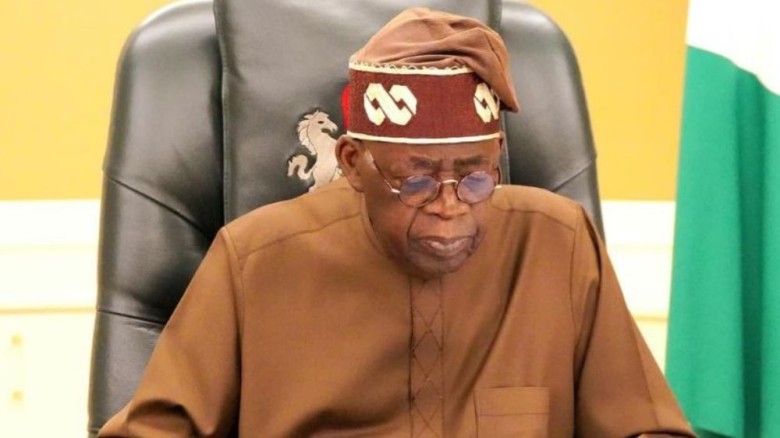Glo faces NCC sanction over two-year vacant CEO role
The Nigerian Communications Commission has mandated that Globacom appoint a chief executive officer distinct from its board chairman within 24 months, or face potential regulatory penalties.This mandate is part of new corporate governance regulations introduced on August 7, intended to enhance accountability, transparency, and operational independence within the telecommunications industry.
According to these guidelines, licensed operators are required to separate the roles of chairman and CEO—a practice already followed by MTN Nigeria, Airtel, and 9mobile. Globacom, established and headed by Mike Adenuga, is the only major player in which the same individual occupies both roles.
The regulations stipulate that boards must consist of a minimum of five members, including a non-executive chairman, a managing director/CEO, executive directors, non-executive directors, and independent non-executive directors.
Executive directors must be outnumbered by non-executive directors, and at least one-third of the board should consist of independent members. The chairman is required to be a non-executive and is prohibited from wielding executive authority or functioning as CEO.
The NCC holds the power to impose penalties, suspend or revoke licenses, or mandate changes in management in cases of non-compliance.
In 2024, Globacom temporarily appointed telecom industry veteran Ahmad Farroukh as CEO, but he resigned after two months, reportedly due to conflicts regarding operational oversight. Following this, Adenuga reassumed the dual role, which is now prohibited under the NCC’s new framework.
Industry leaders suggest that these reforms align telecom governance with international standards, akin to modifications implemented in Nigeria’s banking sector in previous years.
























Leave A Comment